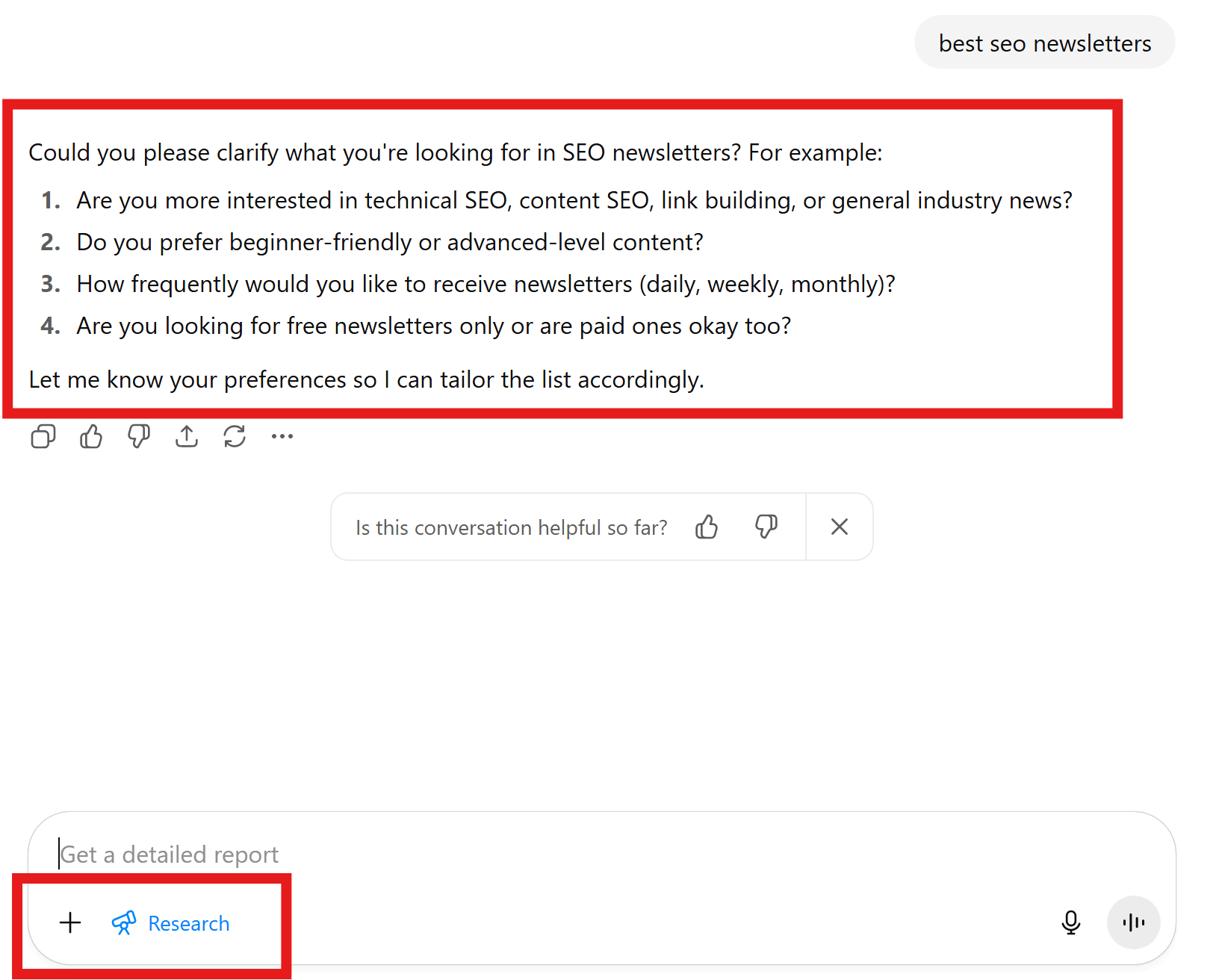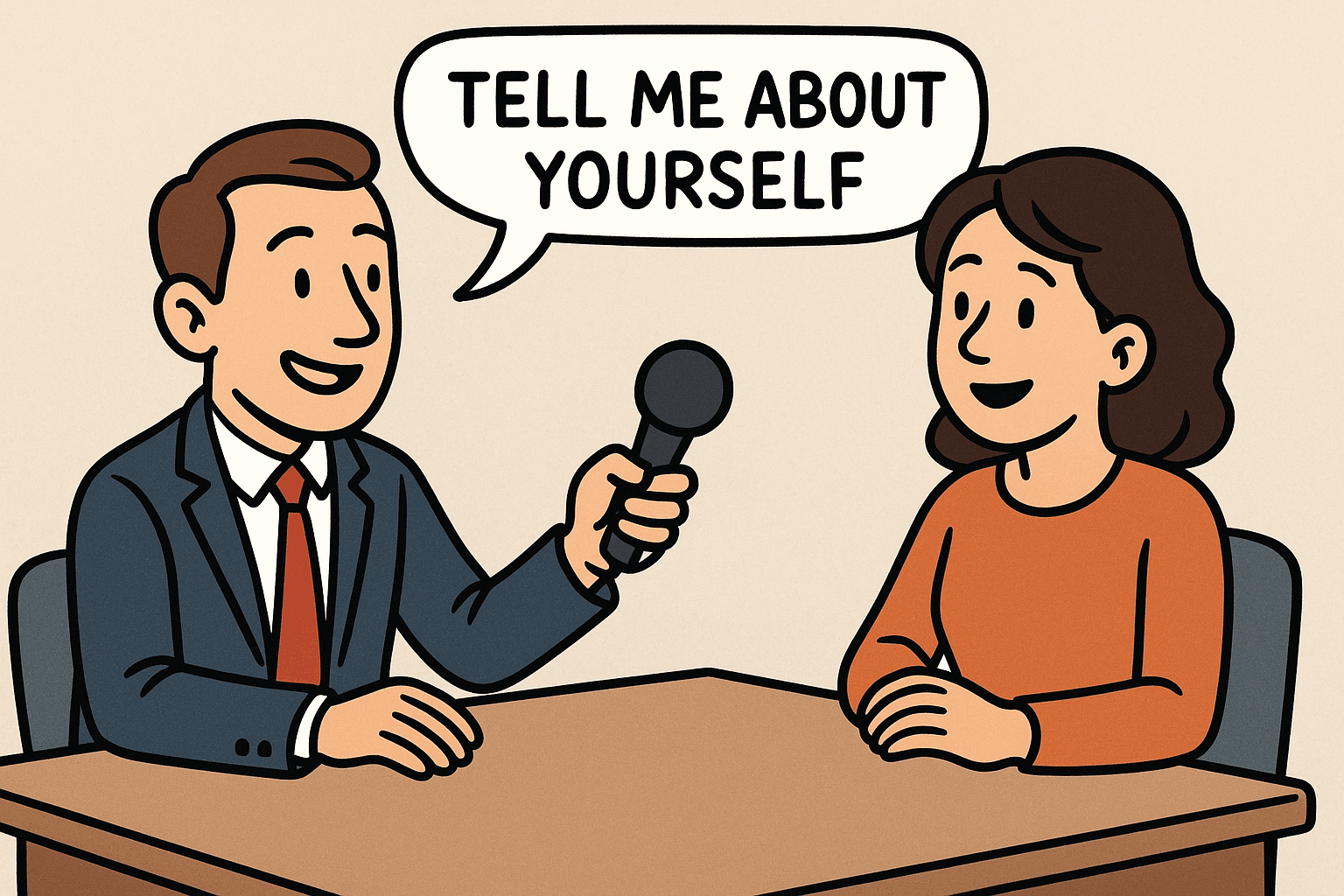Does Traffic From LLMs Convert Better?
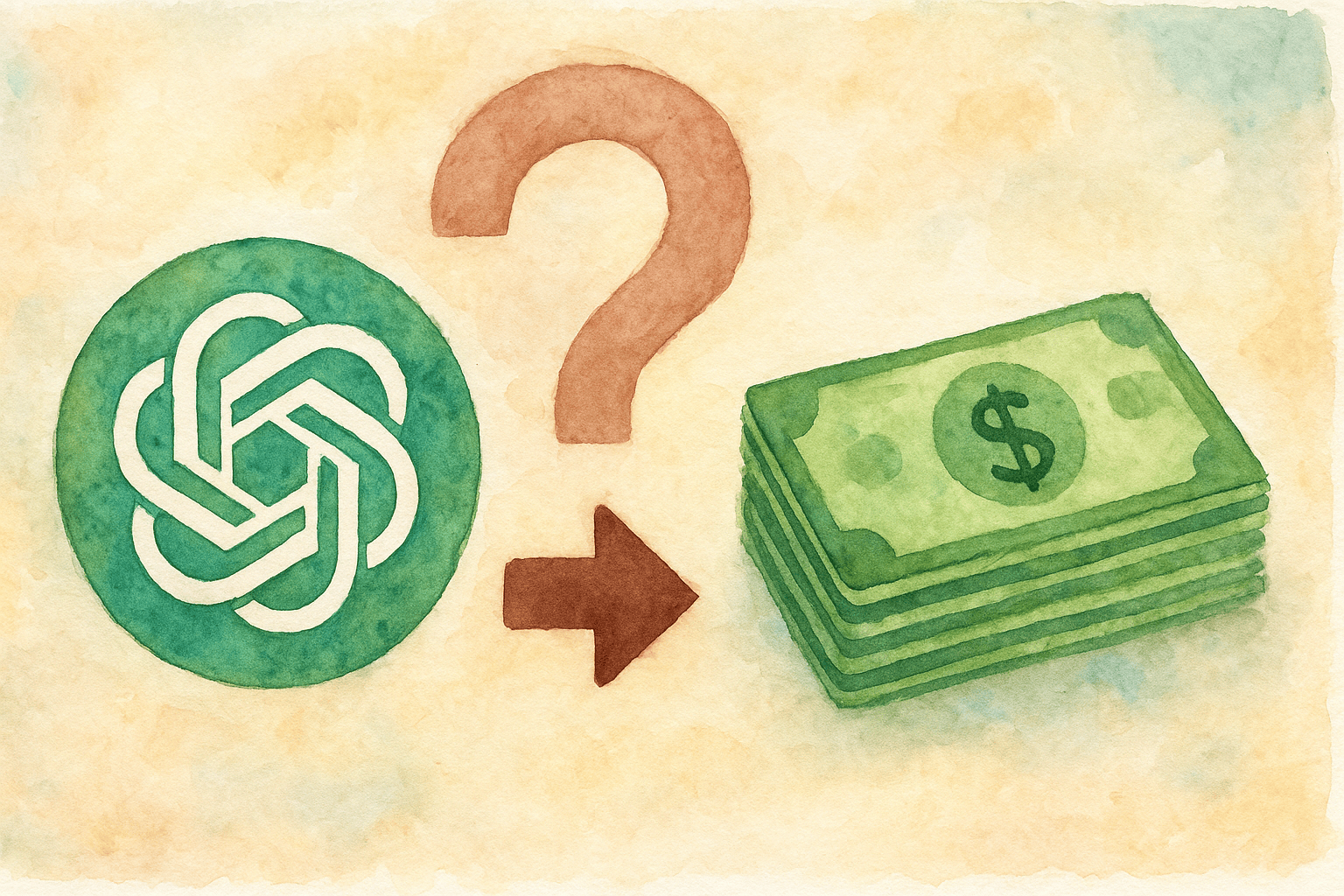
Hello Riddlers!
Before we dive into today's newsletter, first a word from today's newsletter sponsor RankScale!
Rankscale.ai is a leading AI visibility platform that lets you track and optimize across 16+ LLMs, including ChatGPT, Perplexity and Google’s AI Mode. It helps you identify the right prompts, uncover citation opportunities, analyze competitors, all with a flexible, credits-based system starting at just $20. Check it out here!
We all read — with great interest, if that’s what we’re calling it — Liz Reid’s statement that Google is now sending “higher quality clicks.” And by that she meant, the fewer users that made it past AI Overviews that land on your website and don't bounce right away 😄
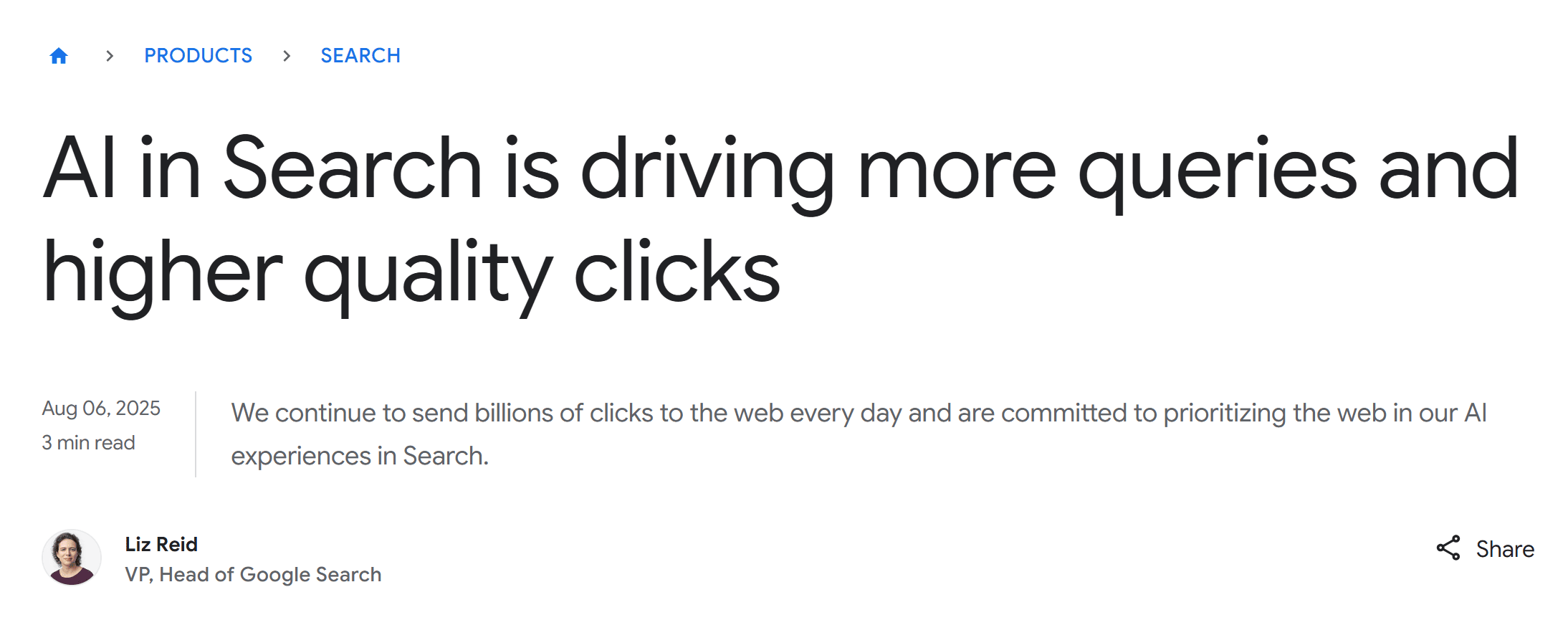
This statement did gave the impressions that those higher quality clicks would translate to conversions on our websites, right? After all, our main goal is not to bring users to our website, and make them stay longer, we want them to convert.
So why doesn't Google give us the data to filter clicks from AIO in search?😄
Well Google, we've got some receipts or some data to benchmark! A new study dives into whether traffic from LLMs convert better. Popcorn recommended; this discussion’s about to catch fire 🍿🔥
The Study: Do LLMs Outperform Traditional Channels?
This study looked at how well traffic from ChatGPT (called organic LLM traffic or oLLM) performs for online stores compared to traditional digital marketing channels like Google Search, paid search, email, social media, and referrals.
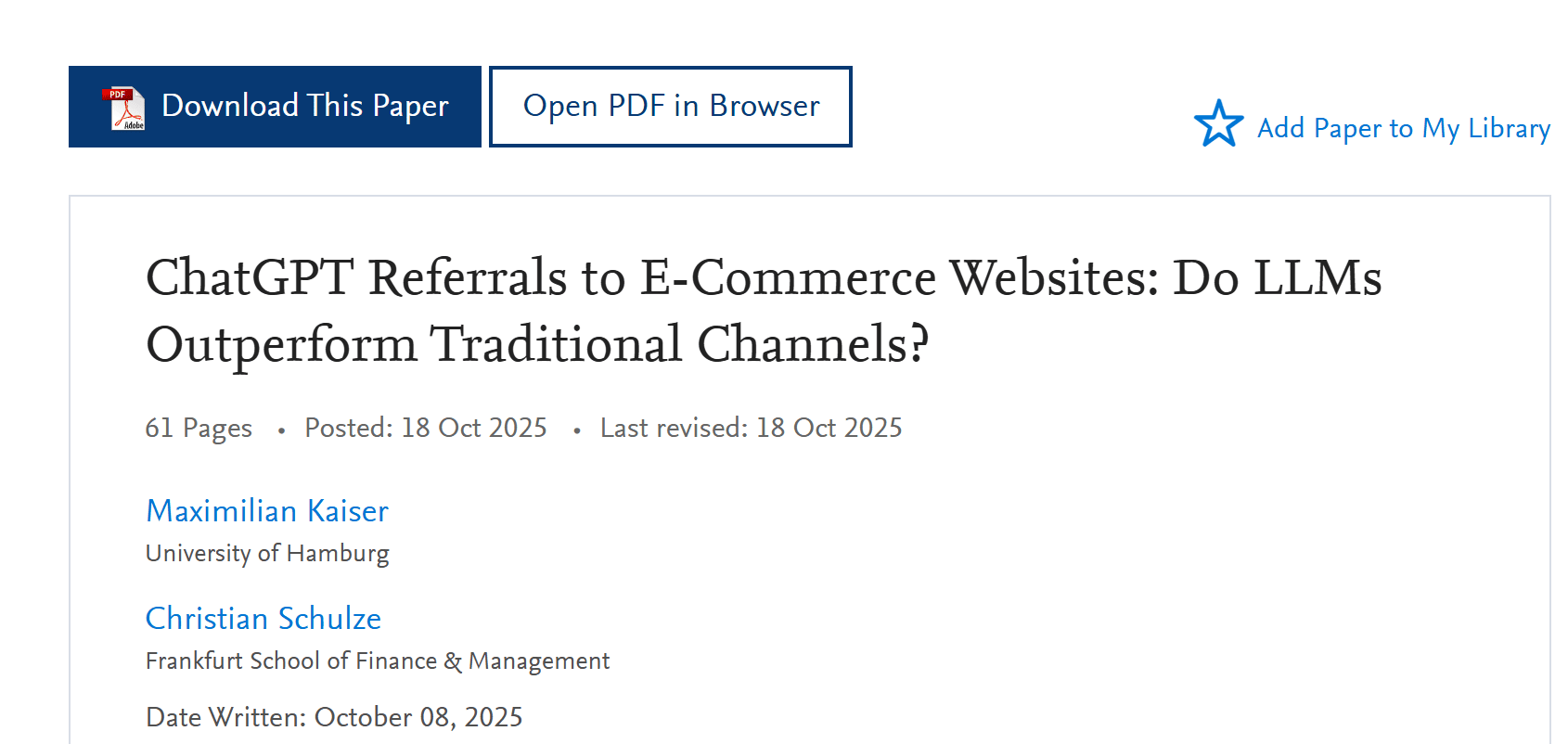
Researchers analyzed 12 months of data from 973 e-commerce websites with a total of $20 billion in sales. They compared 50,000 ChatGPT-driven purchases with 164 million purchases from traditional channels.
Main Findings
- ChatGPT traffic is still very small.
It makes up less than 0.2% of all website visits about 200 times smaller than Google’s organic search traffic. Something we all know, but always a good reminder - ChatGPT underperforms compared to most channels.
- It beats paid social media (like Facebook ads) but loses to every other channel, including Google Search (both paid and organic).
- ChatGPT’s conversion rate (how many visitors buy something) and revenue per visit are lower than most channels.
- Its bounce rate (how many people leave right away) is good, meaning visitors find it relevant but they still don’t buy as much.
- ChatGPT traffic is improving over time.
- Very interestingly: over the year, conversion rates went up, but the average order value (how much people spend per purchase) went down.
- Even with improvement, ChatGPT won’t catch up to Google Search within the next year.
- ChatGPT isn’t replacing Google anytime soon.
Despite media claims that AI chatbots will “kill Google,” the data shows that ChatGPT is helpful but not dominant yet. It’s still learning how to drive effective e-commerce traffic.
What does that mean for SEO?
Great study Sara, what should I do with all of this? 😄 here's what this means in my opinion!
- Sure, LLMs like ChatGPT aren’t the same as AI Overviews but there’s enough overlap to compare. And interestingly, this study shows users from both behave in surprisingly similar ways. Users from LLMs seems to be more relevant and bounce less, same as those coming from AIO according to Liz 😀, but the conversion rate is overall way less, and average order value too. I guess now we know why Google does not want to show us clicks from AIO data.
- We need to stay focused on SERPs. Yes exploring LLMs is great and all, but when it comes to execution, the bigger part of your organic search strategy should still be focused around Google search. The hype around AI and client pressure won't translate to money $$$.
- Chatgpt traffic is just above paid social ads (e.g facebook ads). I'm no expert in this area, but I did have side businesses before and ran Facebook ads, and let me tell you something:
- Facebook ads are a push channel, so users may not necessarily be looking to buy something when they see the ad and click on it.
- Users are targeted based on interests, demographics, and behaviors, capturing broader interest and creating demand rather than responding to immediate intent.
- From a previous study about how people use LLMs, we know that the #1 use case is actually practical guidance: personalized support, not just facts and 80% of all usage falls into one of the three categories (Practical guidance, Seeking information, Writing help). None of these use cases are for users looking to buy something.
- This all means that, even if people are clicking to websites from LLMs, they may not necessarily have a purchase intent. We can assume that, LLMs traffic is somewhat behave similar to traffic from paid social ads.
- This explains why, the bounce rate for LLMs traffic is good, but people still don't buy. They're interested in the theme, but not necessarily looking for buy something right now.
- This also explains why even when people perform a purchase, the average order value is lower. This pretty much ties back a study from Ahrefs that found "The smallest websites get the greatest percentage of total traffic from AI". People are coming across "new small websites" they're not familiar with, so they perform the purchase but with a small order value to try the brand first at a small scale.
- If you're wondering how LLMs will perform in 2026, it's probably very similar to 2025, but with a bit more growth and until further notice, Google is going to remain dominant.
- The media’s out here throwing a parade for AI, meanwhile… SEO’s still very much alive. And GEO (or whatever buzzword we’re using this week) isn’t exactly shaking the world when it comes to business bottom lines (but shhhh 🤫🤫🤫 don't say that out loud, clients don't want to hear that 😄)
And That’s a Wrap (Almost 😄)
Traditional SEO is very much alive, and people busy with otherwise outside of the scope of learning and exploring, are wasting their time over something that will not help their bottom lines today or probably next year too!
Keep your eyes on the prize people... that is SEO 😄
And finally,,, just remember the Datos study:
"99% of people who use LLMs for search still rely on traditional search engines."
Thanks for reading so far and see you next newsletter!
Support the SEO Riddler!
- Sign up for my newsletter if you're not already.
- Share the newsletter and invite your friends to signup. Help me reach 2k signups by end of 2025 please 🙂
- Provide feedback on how I can make this newsletter better!!!
- Buy me coffee.
- If you're an SEO tool or an SEO service provider, consider sponsoring my newsletter. I'm also open to other partnership ideas as well.
Disclaimer: LLMs were used to assist in wording and phrasing this blog.
The SEO Riddler Newsletter
Join the newsletter to receive the latest updates in your inbox.

